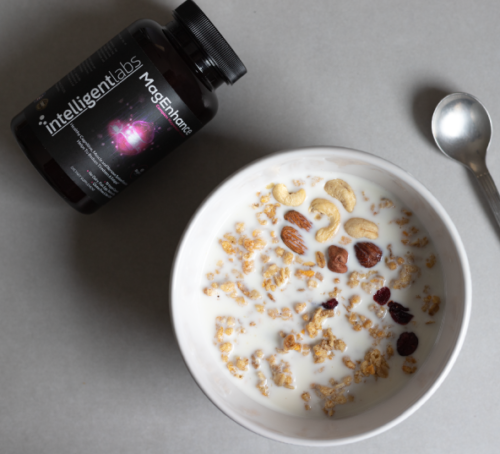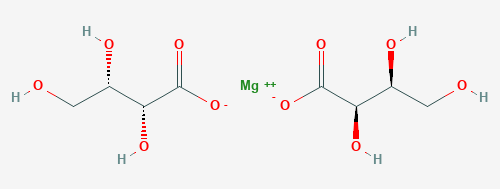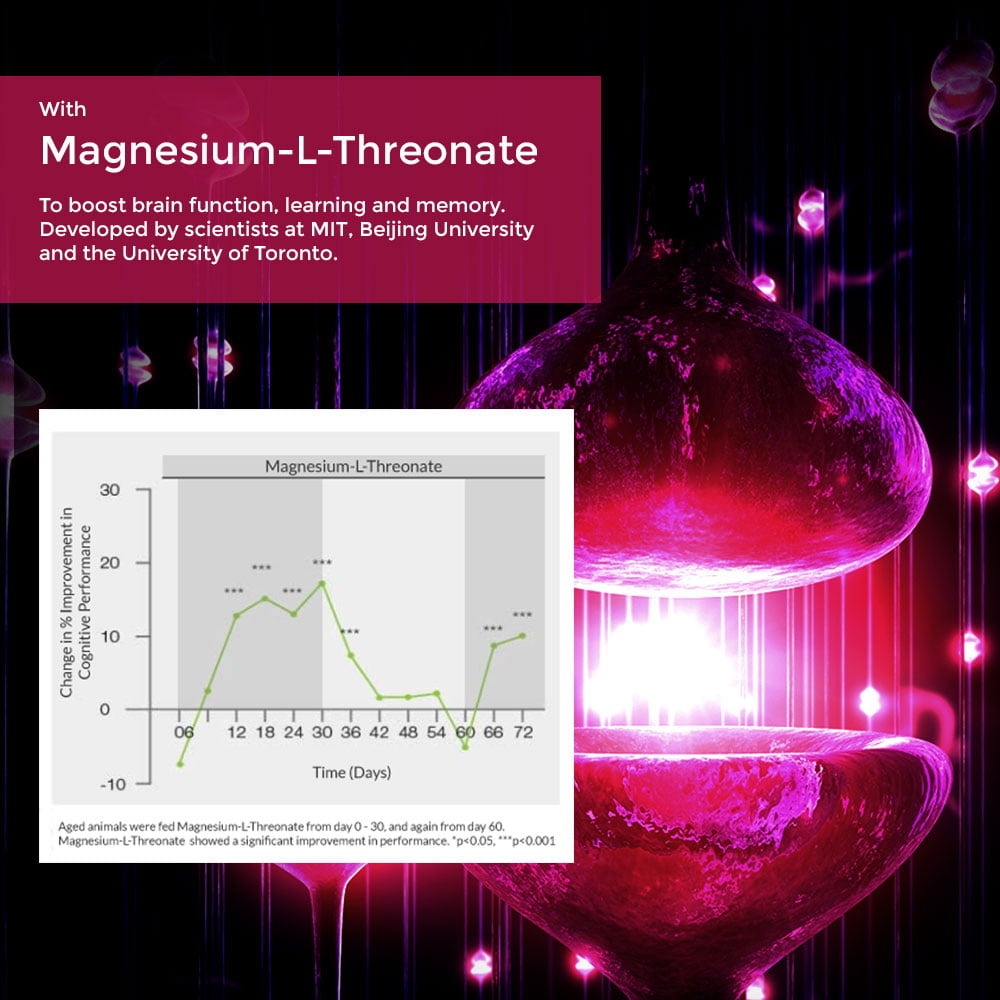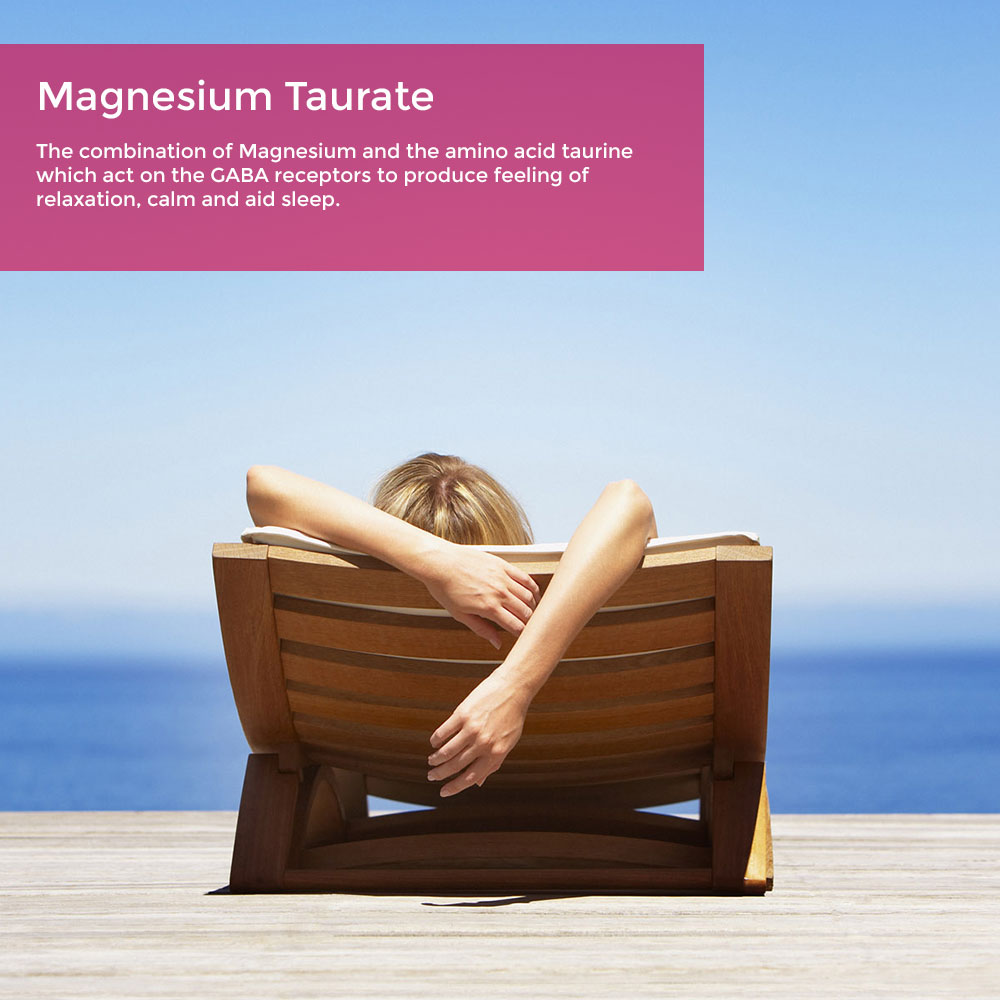Nutrition
Magnesium Glycinate vs L-Threonate vs Taurate: What’s The Difference?
Magnesium (Mg) is an important dietary mineral involved in more than 600 biochemical processes in the body (1). It boosts our energy and immunity, lowers inflammation and anxiety, improves brain and heart health, supports joint and bone health, and so much more (2).
There’s just one BIG problem… far too many people are deficient! With so many magnesium supplements out there, which is truly the “best” one that can help fix this problem?
Today, let’s discuss the 3 forms of Mg found in our bestselling product, MagEnhance Complete Magnesium Complex. Read on to learn more about Magnesium Glycinate, Magnesium L-Threonate, and Magnesium Taurate, and how these three can help support your health!
Table of Contents
What’s the right magnesium dosage?
Here’s a table outlining the recommended dietary allowance (RDA) for Mg, depending on age and gender (2).
| Age | Male | Female | Pregnancy | Lactation |
| 0 to 6 months | 30mg | 30mg | ||
| 7-12 months | 75mg | 75mg | ||
| 1-3 years | 80mg | 80mg | ||
| 4-8 years | 130mg | 130mg | ||
| 9-13 years | 240mg | 240mg | ||
| 14-18 years | 410mg | 360mg | 400mg | 360mg |
| 19-30 years | 400mg | 310mg | 350mg | 310mg |
| 31-50 years | 420mg | 320mg | 360mg | 320mg |
| 51 and above | 420mg | 320mg |
Why are so many people deficient in magnesium?
In the United States alone, as much as half of the population is said to be deficient in this nutrient. This is partly due to highly processed foods, which are prevalent in Western diets (3). But it’s not just poor diet that’s to blame. The stress and pollution of modern life also leach magnesium from the body. Even more worryingly, there are reasons for this widespread deficiency that are beyond most people’s control.
According to a 2009 research published in HortScience, fruits and veggies have less Mg nowadays compared to a few decades ago. This is because modern agricultural techniques fast-track the production of higher-yielding crops in less time. Less time in the ground means less time absorbing important nutrients (4). Additionally, this vital mineral is also taken out of our salt and drinking water, thus contributing to the problem as well.
Related article: Magnesium: The Ultimate Supplement Guide
What’s the best magnesium supplement for overall health?
Choosing the best magnesium supplement on your own can prove to be challenging – there are so many forms to choose from! Is magnesium glycinate the best one? Or is it magnesium citrate, oxide, ascorbate, orotate, threonate, taurate, or something else? The list goes on and on!

When choosing the best form of Mg for your needs, it’s important to factor in a couple of points:
- Is it bioavailable?
- How much elemental magnesium does it contain?
Determining the Mg supplement’s bioavailability is important because if this mineral isn’t being absorbed and used, then it’s nothing more than expensive waste! Specifically, inorganic salts of magnesium (such as Mg Oxide) have poor bioavailability compared to organic salts like Mg Glycinate (5).
On the other hand, elemental magnesium refers to the actual amount of Mg available in the supplement. Since it is highly unstable, it needs to be combined with another molecule to make it stable. Hence, the variety of Mg supplements available.
For example, Mg Oxide has a relatively higher elemental magnesium content at about 60.5%, but it’s also very poorly absorbed. Meanwhile, Mg Glycinate only contains around 11-14% elemental magnesium, Mg Taurate about 7-10%, and Mg Threonate about 7-8% (actual amounts vary). But these 3 forms have better bioavailability than Mg Oxide, so the body effectively uses more Mg!
This is where our MagEnhance Magnesium supplement shines. We’ve formulated it to contain 3 of the most bioavailable and effective forms – Mg Glycinate, Mg Taurate, and Mg L-Threonate.
Let’s discuss each MagEnhance ingredient in detail!
MagEnhance Ingredient #1: Magnesium Glycinate
Mg Glycinate at a glance (6):
- Other names: Mg Bisglycinate, Mg Diglycinate
- Parent compound: Glycine (an amino acid)
- Component compound: Mg and Glycine
- Chemical formula: C4H8MgN2O4
- Molecular weight: 172.42 g/mol
- Chemical structure:

- Each 3-serving capsule of MagEnhance contains 690mg of Mg Glycinate (23% DV)
What are the benefits of Magnesium Glycinate?
Mg Glycinate is an orally available magnesium salt of glycine. Bonding or chelating magnesium with glycine significantly improves its bioavailability, making this form highly effective at increasing body magnesium levels.

Its superior bioavailability was demonstrated in a study published on the FASEB journal. Bariatric surgery patients who took 400mg of Mg Glycinate for 6 weeks observed an improvement in their plasma magnesium levels. But those who took the not-so-absorbable Mg Oxide did not get the same result.
The same study also reported that Mg Glycinate helped raise blood potassium levels in physically active young people, meaning magnesium is actively retaining and distributing potassium in the body. It also helps that Mg Glycinate is gentle on the stomach (7).
So, what happens when the body absorbs Mg Glycinate? Well, the magnesium and glycine molecules separate. They then go on to perform their individual functions.
As mentioned earlier, magnesium is involved in hundreds of biochemical processes, including DNA and RNA synthesis, cellular repair, and more. On the other hand, glycine’s functions include enhancing sleep quality as well as various neurological functions. Research also shows that glycine may have a role in preventing and treating metabolic disorders in patients suffering from obesity, diabetes, cancer, chronic inflammation, and cardiovascular disease (8).
Are there any downsides to taking Magnesium Glycinate?
Not really. But there’s a reason why we added two more forms of magnesium in MagEnhance. Mg Glycinate can indeed raise body magnesium levels. But unfortunately, it DOES NOT cross the blood-brain barrier, which brings us to the next form on our ingredients list, Mg L-Threonate.
MagEnhance Ingredient #2: Magnesium L-Threonate
Mg L-Threonate at a glance (9):
- Patented name: Magtein®
- Other name: L-Threonic Acid Magnesium Salt (L-TAMS)
- Parent compound: L-Threonic acid
- Component compound: Magnesium and L-Threonic acid
- Chemical formula: C8H14MgO10
- Molecular weight: 294.5 g/mol
- Chemical structure:

- Each 3-serving capsule of MagEnhance contains 1,000mg of Magtein® Magnesium L-Threonate (20% DV)
What are the benefits of Magnesium L-Threonate?
Dubbed the “brain magnesium,” Mg L-Threonate is another highly absorbable form of magnesium. The Mg molecule is bonded or chelated with Threonic acid, a sugar compound derived from ascorbic acid or Vitamin C.

This form of magnesium (patented as Magtein®) was developed by scientists at MIT, Stanford University, and Tsinghua University to cross the blood-brain barrier and increase Mg levels in the brain.
Other forms of Mg cannot pass the blood-brain barrier, but Magtein® can bypass this protective membrane. More Mg in the brain means a boost in brain plasticity, which allows for better connections between neurons in our brain (10).
A 2016 study published in the Journal of Alzheimer’s Disease reported that older subjects (age 50-70) with mild cognitive impairment experienced amazing results from taking Mg L-Threonate. After 12 weeks, the researchers reported these remarkable outcomes (11):
- The average brain age decreased by about 9 years.
- There was a significant reduction in cognitive impairment. The subjects experienced positive changes in four cognitive areas: attention, working memory, episodic memory, and executive function.
- Both brain and body Mg levels increased.
- When it comes to safety, side effects were only classified as mild.
Are there any downsides to taking Magnesium L-Threonate?
Magnesium L-Threonate may help boost your brainpower and enhance learning and memory, but there is a slight downside to this particular form.
In the study we’ve quoted above (11), the researchers couldn’t get a definitive conclusion on the effects of Mg L-Threonate on sleep and anxiety. So, our team added the next ingredient to fill the gap and round up our MagEnhance Complete Magnesium Complex!
MagEnhance Ingredient #3: Magnesium Taurate
Mg Taurate at a glance (12):
- Other name: Magnesium Ditaurate
- Parent compound: Taurine (an amino acid)
- Component compound: Magnesium and Taurine
- Chemical formula: C4H12MgN2O6S2
- Molecular weight: 272.6 g/mol
- Chemical structure:

- Each 3-serving capsule of MagEnhance contains 630mg of Magnesium Taurate (13% DV)
What are the benefits of Magnesium Taurate?
Mg Taurate is formed by combining the amino acid taurine with magnesium. But unlike other amino acids, taurine is not used in protein synthesis. Instead, it helps regulate many functions in the body, including cell development and protection. Taurine is abundant in different organs throughout the body, such as the brain, retina, muscles, and more (13).

Taurine also acts on GABA receptors in the nervous system, which is the reason behind its nerve-calming and sleep-enhancing effects. Similarly, Mg also has a strong affinity with GABA receptors. This is why chelating magnesium with taurine makes it a potent relaxing compound, helping ease stress and improving sleep quality (14).
In a double-blind, placebo-controlled study on elderly subjects suffering from insomnia, the researchers found that Mg helped improved the following (15):
- Insomnia severity index, sleep time, sleep efficiency, early morning awakening
- The concentration of melatonin, serum renin, and serum cortisol
Another common health benefit between taurine and Mg is their effect on heart health and blood pressure:
- A meta-analysis found that taking 300mg of Mg daily for 30 days helped increase blood Mg and reduce blood pressure (16). The same effect (a decrease in high blood pressure) was also observed in obese women (17).
- Likewise, oral taurine supplementation in hypertensive patients helped reduce hypertension symptoms. Diabetic patients also experienced a reversal in arterial stiffness and brachial artery reactivity (18).
Because of these complementary health benefits, one study recommended that future research be done on Mg Taurate’s potential effects on cardiovascular health, diabetes, and insulin sensitivity (19).
Are there any downsides to taking Mg Taurate?
Like Mg Glycinate, the only downside to Mg Taurate is that it cannot cross the blood-brain barrier. Fortunately, Mg L-Threonate helps solve that limitation.e
Final words
The three Mg forms found in our Intelligent Labs MagEnhance Complete Magnesium Complex were chosen for their superior bioavailability and outstanding health benefits. To ensure its premium quality, MagEnhance is manufactured at an NSF GMP-certified facility in the USA. We also do not use any artificial fillers or additives.
Related article: 10 Magnesium Benefits You Need to Know About




